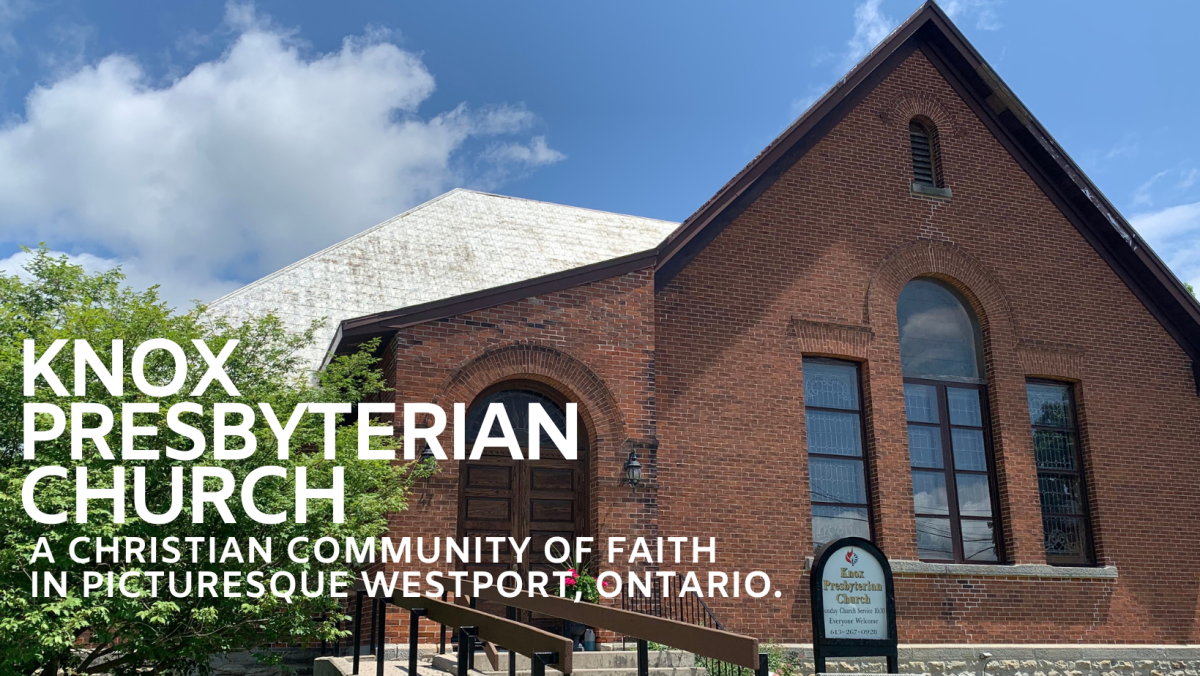In my Father's House
“In my Father’s House” - Luke 2:41-52
The Gospels waste little time in moving the story of Jesus along. We barely have finished with the promise of the coming Messiah followed by the birth at the time we celebrate at Christmas, and we are moved forward 12 years in Jesus’ life.
This story of Jesus and his family visiting Jerusalem at the time of the Passover is only recorded in Luke. Luke is often called the historian, and he writes his account of Jesus’ ministry in what is believed to be the most chronological order of all the Gospels. Luke wants the reader to know that nothing that would happen throughout the life of Jesus was by chance or coincidence. Every event was significant because it inserted another piece of the puzzle of Jesus’ life that would be completed on his triumphal return. And while Luke is not consumed with a desire to show the genealogical history of Jesus as Matthew was, he does believe that everything that happened in the life of Jesus was a fulfillment of Old Testament prophecy and that there was a plan for Jesus’ life.
In the account given before the story of Jesus in the temple, there are two stories of people who recognize that the child is special, and they make predictions about his life. The first is Simeon. Simeon tells Mary and Joseph that the child will bring turmoil to the nation but also be its salvation. He also tells Mary that a sword will pierce her soul. Then there is the prophetess Anna. She told them that the child would redeem Jerusalem. It is then recorded that the child grew and became strong. He was filled with wisdom and the grace of God was upon Him. So we know that the child, according to Luke, was imbued with wisdom from an early age and that the hand of God was upon him even as he grew.
In Jesus’ day, it was probably around the age of 12 that children would start to be trained by the teachers in the temple. Even though there were written records by this point, much of the knowledge would be passed on from one generation to another orally. Even with a written text, there would be much learning to be done and that could only happen, as it does today, with people sitting down together to discuss. And so Jesus is with the teachers in the Temple, asking questions and giving answers. But Jesus’ wisdom is amazing. He seems to know things beyond his years. For 3 days, a significant number, he sits among the teachers. What exactly transpired in this exchange or how it would later impact his ministry is unclear but what is clear is that Jesus does not just all of a sudden burst onto the scene as a mature and wise adult. His wisdom and maturity developed over a number of years. And so it is recorded that he continued to grow in wisdom and stature and in favour with God and with people.
Luke’s account of Jesus in the temple is meant to help us understand that God did not just plant a seed in Mary, conceive a child, leave that child to grow up in a vacuum and then suddenly catapult him into his ministry. The whole of Jesus’ life was carefully planned and lived. His parents were responsible believers who did everything according to the law and faith of their ancestors. Jesus grew up knowing the commandments and the laws of the people, and then he would bring to those commandments and laws a wisdom that went beyond what was ever imagined. He would bring the divine imperative to them. He would reshape them, remould them but never change their spirit or intent. He would reveal to the people of Israel and all who would listen that he was not just a child of Joseph and Mary, not just a carpenter’s son but the Son of the Living God. Even more than that, people would come to know that he was the embodiment of God himself.
When his earthly parents found him, they were upset with his behaviour as any parents would be. Thinking He might have been with His cousins in another part of the group, his parents did not give much thought to the fact that they couldn’t find him. But when they discovered he was not with them, they returned to Jerusalem in a panic. And where was he? Not in trouble but in the temple, because for Jesus, the temple was his Father’s house. Luke wants us to know that Jesus understood his real Father was not Joseph but God. For Joseph it was a reminder that he was a stepfather to this child. For Mary it was a confirmation of all the angel had told her and all she had experienced of Jesus’ birth.
To be in his Father’s house signified that Jesus understood His divine conception and that he knew himself to be a person unlike any other before or since. But after this visit to the Temple, he returned to Nazareth with Mary and Joseph and settled into life with his earthly parents until the time when he would hear the call to begin his journey to the cross.
AMEN
